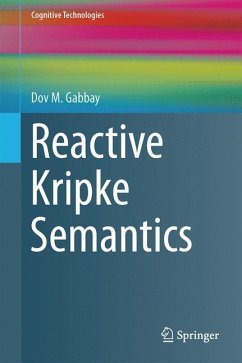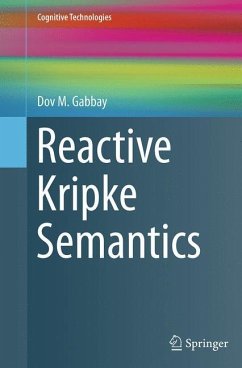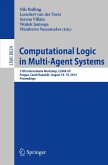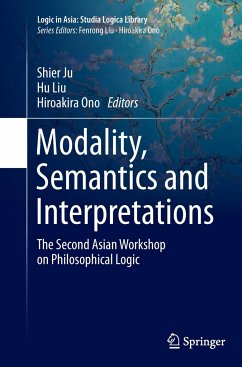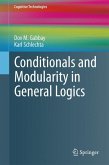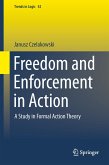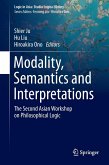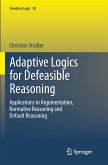This text offers an extension to the traditional Kripke semantics for non-classical logics by adding the notion of reactivity. Reactive Kripke models change their accessibility relation as we progress in the evaluation process of formulas in the model. This feature makes the reactive Kripke semantics strictly stronger and more applicable than the traditional one. Here we investigate the properties and axiomatisations of this new and most effective semantics, and we offer a wide landscape of applications of the idea of reactivity. Applied topics include reactive automata, reactive grammars, reactive products, reactive deontic logic and reactive preferential structures.
Reactive Kripke semantics is the next step in the evolution of possible world semantics for non-classical logics, and this book, written by one of the leading authorities in the field, is essential reading for graduate students and researchers in applied logic, and it offers many research opportunities forPhD students.
Reactive Kripke semantics is the next step in the evolution of possible world semantics for non-classical logics, and this book, written by one of the leading authorities in the field, is essential reading for graduate students and researchers in applied logic, and it offers many research opportunities forPhD students.
"This book is devoted to a new and so far little explored research topic, developed mostly by the author since the early 2000s. ... this book is rich with ideas and interesting in various ways. It is written in the distinct Gabbay's trademark style. It can surely serve as a rich source of inspiration and research ideas ... ." (Valentin Goranko, Studia Logica, Vol. 105, 2017)

